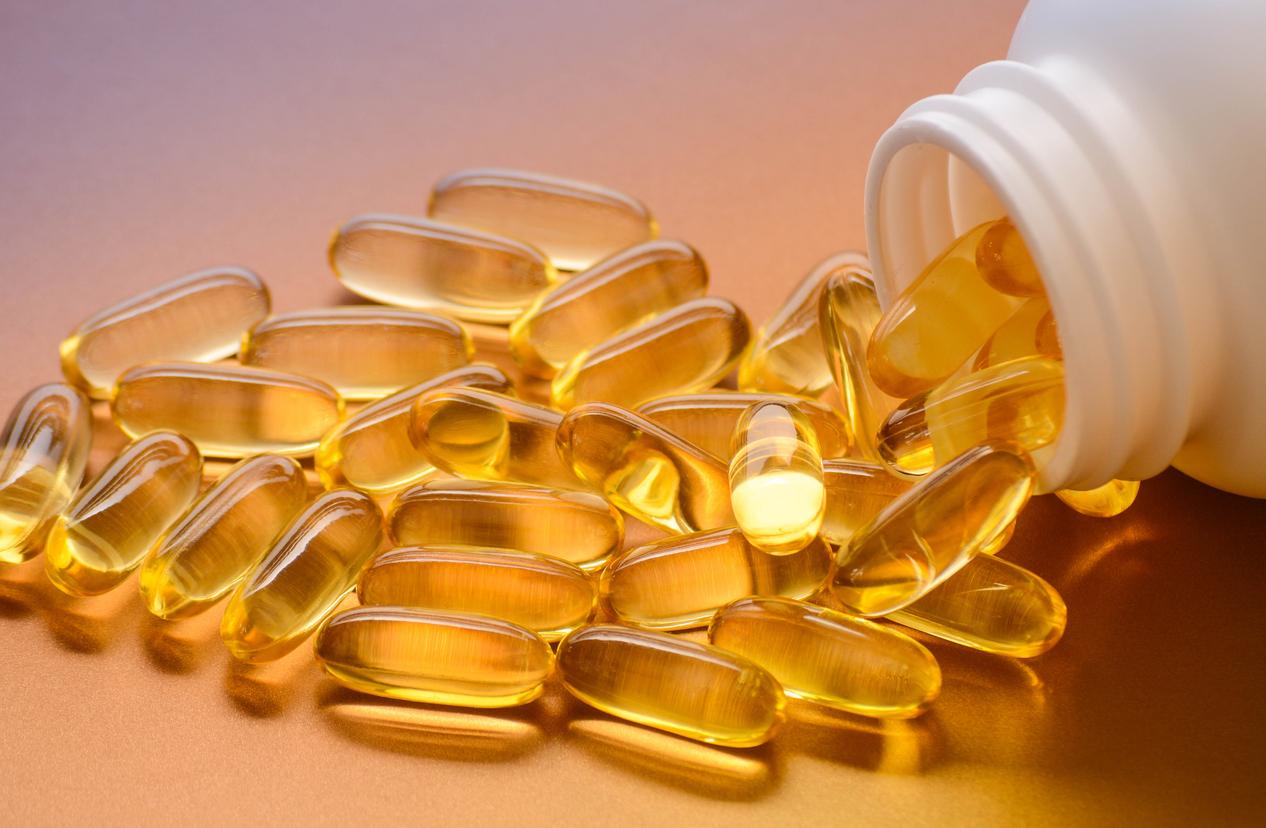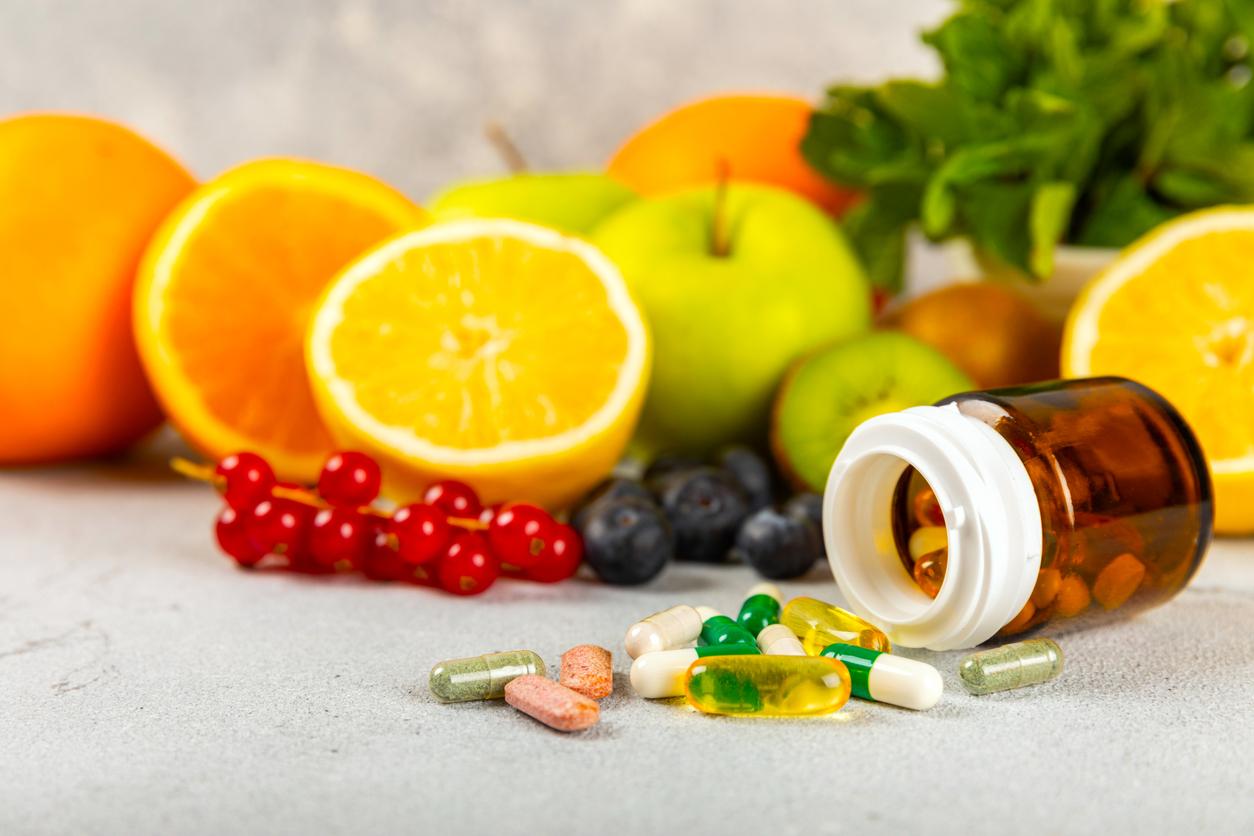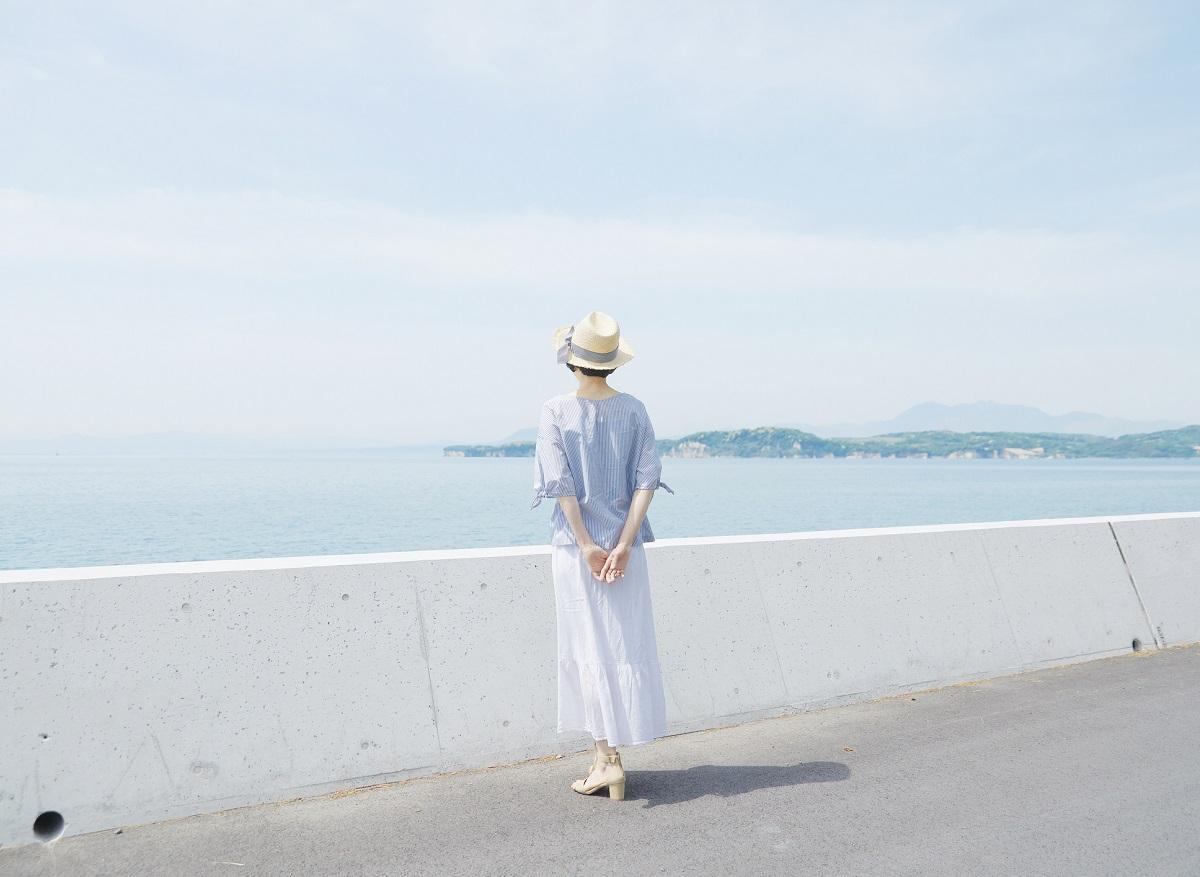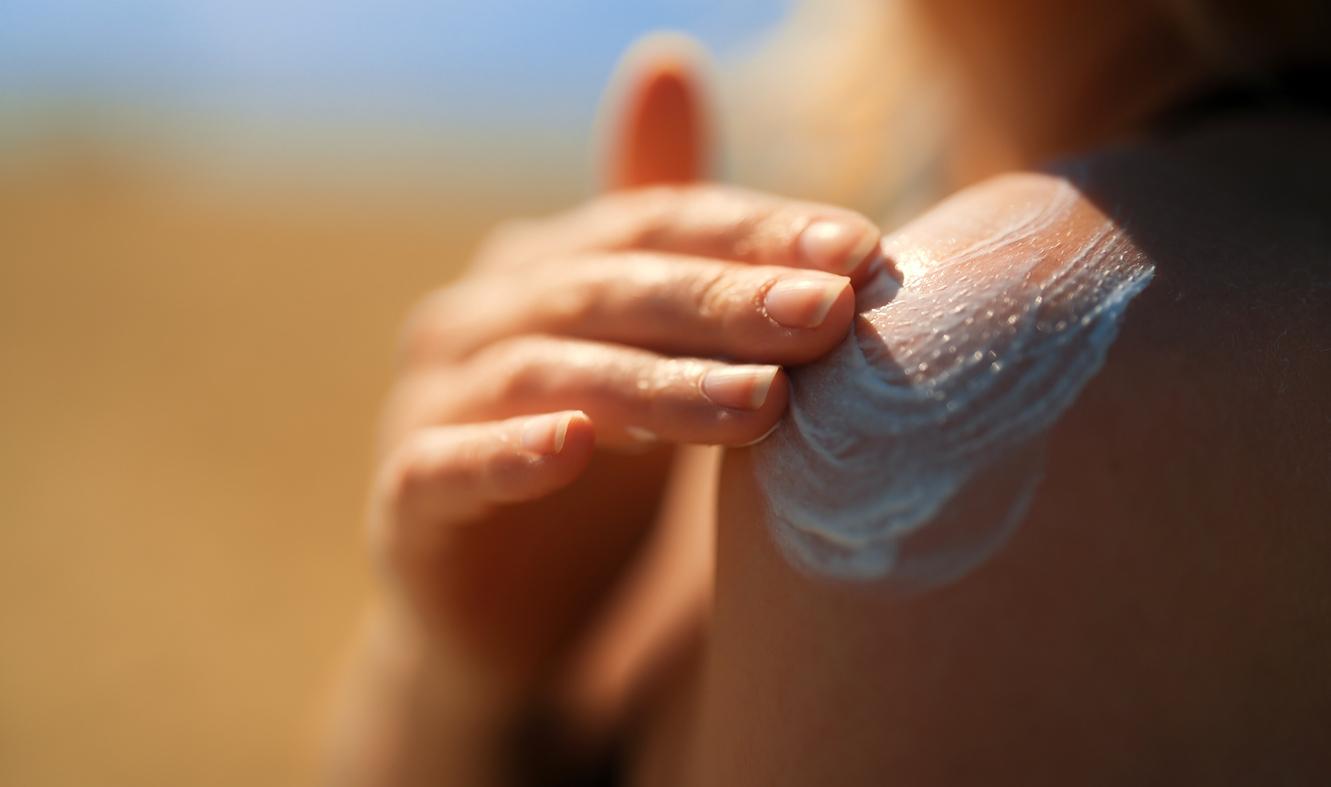Two British researchers assure that we can use sunscreen without fear of vitamin D deficiency.
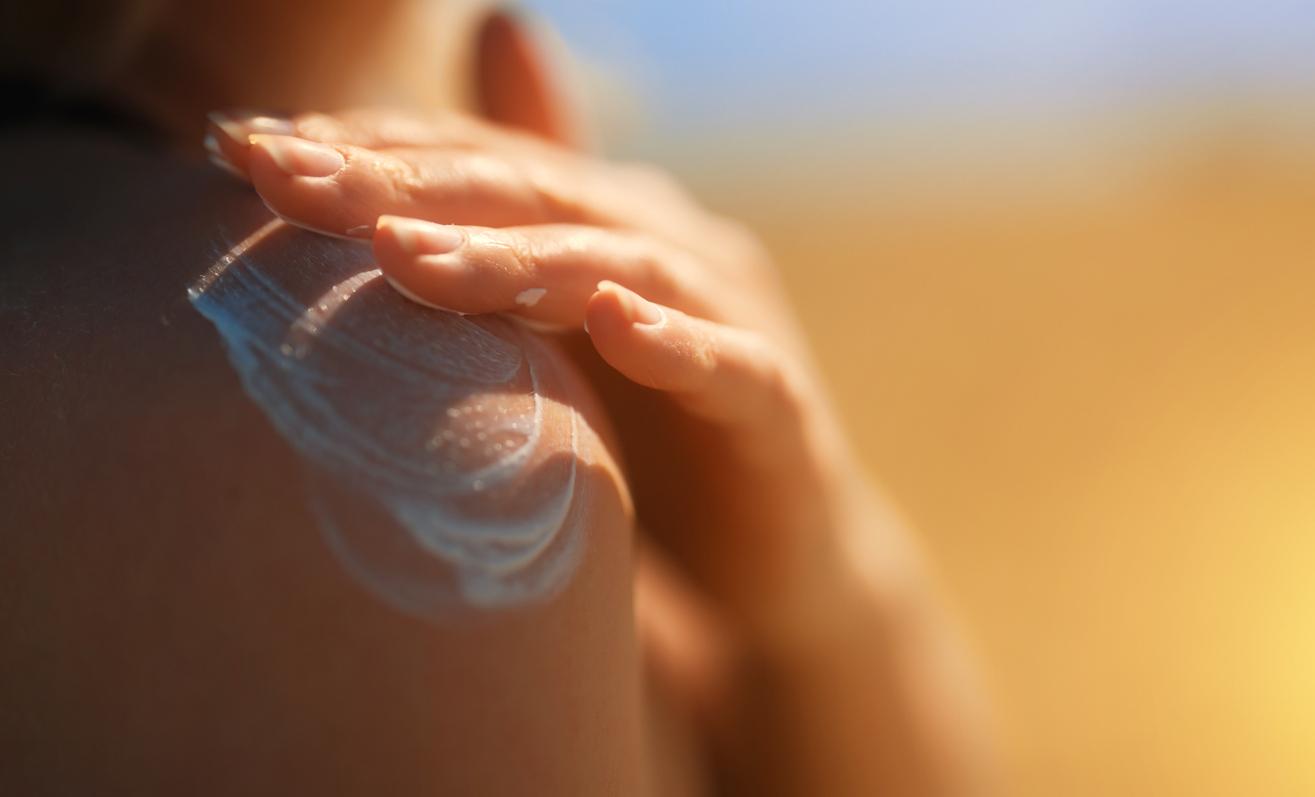
- Some people believe that sunscreen can cause vitamin D deficiencies because it blocks UVB.
- Two British researchers who scrutinized the studies ensure that the product does not limit the production of vitamin D.
- Indeed, if it blocks UVB, it lets enough pass through to ensure production.
Tim Spector, professor of genetic epidemiology at King’s College London, was recently quoted by several British newspapers as suggesting that we should not use factor 50 sunscreens because they could lead to vitamin D deficiency. Two of his colleagues, Karl Lawrence and Antony Young, specialists in photobiology and dermatology at the same university, took stock of the research carried out on this subject to respond to this statement, also relayed on social networks.
In their article published in The Conversation on May 15, 2024, they ensure that the scientific data is clear: sunscreen does not stop the production of vitamin D.
Sunscreen: “some UVB can still reach the surface of the skin”
Bone health, coagulation, muscle contraction, hormonal regulation… Vitamin D is a key element for the proper functioning of the body. Consumption of fatty fish, dairy products, egg yolk or dark chocolate helps cover part of our needs. But it is above all exposure to sunlight, and more precisely to UVB, which ensures our daily intake.
Since sunscreens act as a filter blocking these rays, one might expect that these products, developed to prevent sunburn and skin cancer, would affect the synthesis of vitamin D. But it does not is nothing.
The reason ? “Sunscreens are not 100% effective, mainly because most people do not use them as directed. People usually only apply about a quarter to a third of the required amount of sunscreen – and the Most do not reapply as directed. This means that some UVB may still reach the skin’s surface.explain Karl Lawrence and Antony Young of King’s College London.
They cite, among other things, a study of 2019 which they carried out in Tenerife. Forty holidaymakers learned how to correctly apply SPF 15 sunscreen to protect their skin during their week off in Spain. The results showed that the sunscreen protected them from sunburn. Furthermore, their vitamin D level was not negatively impacted, it even improved.
“This showed us that even when sunscreen was used, sufficient UVB radiation still reached the skin, allowing the production of vitamin D. These results agree with two reviews that also looked at the actual use of sunscreen. sunscreen and vitamin D levels”, they explain. Asked by The GuardianAntony Young added that moreover “the dose of UV B radiation necessary for the production of vitamin D in the skin is much lower than that caused by a sunburn.”
Sun cream: it helps prevent the harmful effects of UV rays
By sifting through the studies carried out with his college, he, in fact, noticed research indicating that the use of sunscreen could prevent the synthesis of vitamin D. But, these latter were experimental (i.e. i.e. in controlled environments, not under normal use conditions). In addition, they used “UV sources that were not representative of solar UV radiation, which may limit their relevance for real-world conclusions.”
The two experts raise another point: work has shown that melanin could have a potentially weak inhibitory effect on vitamin D. “Observational studies have consistently shown that dark-skinned people tend to have lower vitamin D levels than lighter-skinned people living at similar latitudes. This disparity becomes even more pronounced at higher latitudes, where UVB radiation levels are lower.
However, the majority of studies having been carried out with people with light skin, work should be carried out to verify whether there is not an effect with dark skin, according to the researchers.
“There is a clear need for more studies that include people with darker skin and use higher SPF sunscreens. But based on the evidence we have, typical sunscreen use does not does not inhibit the production of vitamin D. It also has the added benefit of preventing the harmful effects of UV exposure.”










